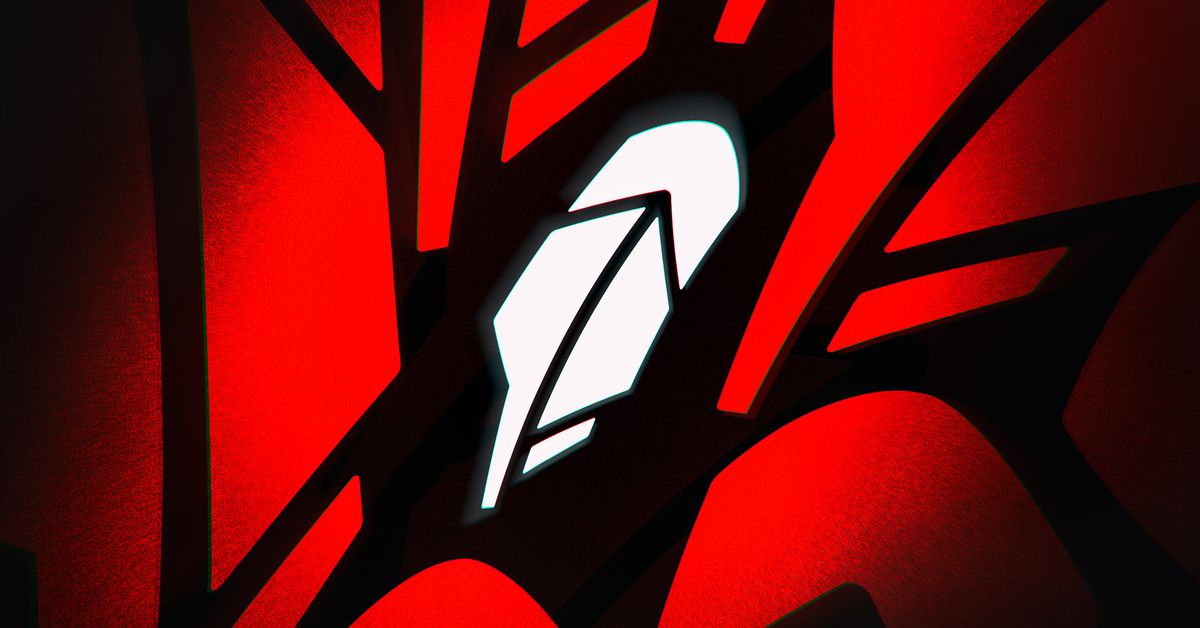
“What’s your favorite planet?” is a real question that Robinhood execs really picked to answer during the Q&A section of its retail investor roadshow.
“Definitely Pluto,” says long-haired CEO Vlad Tenev. He is having a good time. He goes on to explain that there will be a great view of Venus tonight after sunset.
Many of the questions the management picked have been lackluster; asked if Robinhood will add a customer support line, Tenev cheerily explains there already is one. Another question is wasted on whether the stock will pay dividends — anyone who read the prospectus knows the answer is no.
I am watching this roadshow — my first, and the first, I suspect, of many who are watching — because Robinhood plans to sell as much as a third of its IPO to its users. The roadshow is part of a plan to put retail investors on an “equal footing” (per the prospectus) with institutional investors. At the top of the presentation, I’m told that this is basically the same set of materials institutional investors get.
And why am I spending my Saturday on this? Well, it’s going to be the first meme IPO. And if this works, other companies may choose to boost the proportion of their shares they allocate to retail investors, says Pitchbook’s Robert Le, a senior analyst. Most IPOs allocate only 1 percent to 3 percent of their shares to retail investors, he says. If Robinhood ends its first day of trading higher than where it started, other companies may follow in its footsteps. However, if the stock trends down, institutional investors may steer clear of IPOs that include a large chunk of retail traders, Le says in an email.
Robinhood hasn’t offered its investors IPO access before, and that concerns David Erickson, who was co-head of global equity capital markets at Barclays until he retired in 2013. (He is now a lecturer at Wharton Business School at the University of Pennsylvania.) “They don’t have the best internal controls,” Erickson says in an interview, pointing to Robinhood’s history of outages. “For a company supposed to be in the business of keeping your money secure, they aren’t necessarily doing a good job of that.”
During the roadshow, Tenev, his cofounder Baiju Bhatt — who is also rocking some lustrous locks — and CFO Jason Warnick appear to be in an expensive and uncomfortable facsimile of a living room. They are seated on a white couch, with random wooden slats behind them; plants hang from the slats. In front of them, there are small wooden tables. Bhatt and Warnick are clearly reading from teleprompters. Many speakers featured on the call wore a pin of Robinhood’s feather logo — but not Tenev.
There were real, substantive questions eventually. Though Robinhood doesn’t give a timeline, it is apparently working on creating wallets for its cryptocurrency users, allowing them to transfer in their crypto from elsewhere. Eventually there will be a beta, but because it’s impossible to recover cryptocurrency if it’s been handled wrong, Robinhood is proceeding slowly, Tenev says.
And as for payment for order flow, which makes up 81 percent of the first quarter revenue in 2021, Robinhood plans to work with regulators to answer concerns. This sounds suspiciously like Robinhood is planning to lobby — and it may also explain the former SEC employees hired at Robinhood. As for the angry meme stock customers that might leave? Tenev dodges the question. Outages? Well, Robinhood says it’s investing resources to create redundancies so they won’t keep happening. (We’ll see!)
The most interesting remarks are saved for the end. First, Robinhood is considering IRAs and Roth IRAs, two types of retirement accounts, as products it may offer. (Whether people want to save for retirement on their fun gambling app is an open question, but sure!) Second, Robinhood thinks that retail investors are in the market to stay; it’s working to diversify by building out Robinhood Gold, its paid product, as well as cash management, more cryptocurrency offerings and fully paid securities lending.
There is one notable omission in the roadshow. Despite its lovey-dovey mission statement about democratizing finance, the founders’ Class B stock gets 10 votes per share, while IPO investors’ Class A stock gets just one vote per share. Erickson, the Wharton lecturer, doesn’t like that, either. “This one bothers me like WeWork bothered me,” he says.
https://www.theverge.com/2021/7/24/22592076/robinhood-ipo-roadshow-tenev-questions

